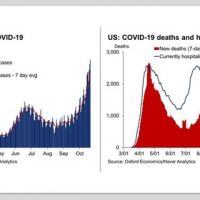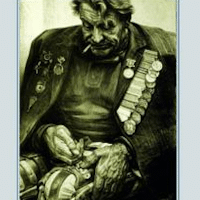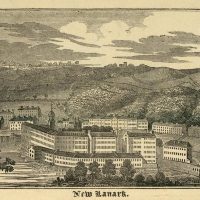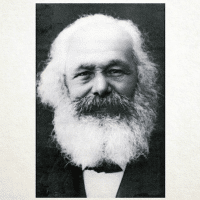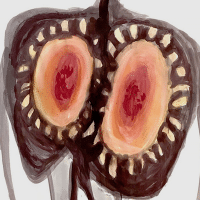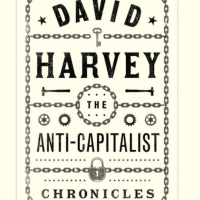-
COVID 2021: More calamity ahead?
The death rate from these new infections may be lower than in the first wave last March-April, but hospitalizations are reaching new peaks in the U.S. and parts of Europe.
-
Eric Hobsbawm’s dialectical materialism in the postwar period 1946-56
Hobsbawm’s thinking was guided by dialectical materialism, which was a scientific outlook based on analysis. It always accounted for unpredictable human agency and, though economic factors played the principal role in the development of history, this study rejects the claim that Hobsbawm was a mechanical determinist.
-
The commons as the fulcrum for social regeneration
Karl Marx’s 1875 critique of the German Social Democratic Party provides a withering examination of capitalism’s ‘wicked ways’ and a guide to what the commons is and how to bring it about.
-
The capitalist economy doesn’t work for workers
We believe that socialism provides the solution to the world’s ills and that marxist theory gives us the tools to enact social change we so desperately need.
-
Utopian socialism
The third major influence on Marx’s critique of political economy (in addition to and combined with classical economics and Hegel’s philosophy) was utopian socialism.
-
A restless thinker
In the millions of pages written about Karl Marx, his final years have been somewhat neglected.
-
Can we electrify our way out of climate change–or do the rich also need to consume less?
As the Artic sea ice rapidly melts and the communities across the world suffer dire consequences, we are experiencing the tragedies from emitting greenhouse gases from human activities into the atmosphere.
-
The Return of Nature: Socialism and Ecology
John Bellamy Foster’s brilliant recovery of a century of ecological and socialist thought will inform, enable, and inspire a new generation of reds and greens.
-
Silvia Federici: The exploitation of women and the development of capitalism
Federici demonstrates that unpaid labor–especially that of women confined to the domestic sphere and of enslaved workers–is a necessary support for waged labor.
-
Take a deep breath and then return to the work of building a new world
Finally, after much uncertainty, on the anniversary of the October Revolution of 1917, the numbers added up and U.S. President Donald Trump found that–despite winning over 70 million votes–he would not be re-elected.
-
Identity politics, the far right, and masks
On the right, identity politics is leveraged to deliberately divide and fracture workers, pitting them against each other, most frequently on the basis of race, gender, religion, or nationality.
-
Rosa Luxemburg: an interview with Dana Mills – Written by Katherine Connelly
Katherine Connelly interviews Dana Mills, author of a new biography on Rosa Luxemburg, on her crucial contribution to revolutionary thought.
-
William Morris’s anti-imperialism
William Morris is today remembered mainly for his designs. But, during his life he was one a prolific political journalist and socialist activist. Here, Peter Halton argues for the enduring relevance of his anti-imperialist writings.
-
Billionaires’ net worth grows to $10.2 trillion during pandemic
The super-rich increased their combined fortunes by 27.5% during the worst of the market turmoil from April through July.
-
An old fable retold
A rumour has reached us that while there were doubts as to the sauce to be used in the serving up, slow stewing was settled on as the least revolutionary form of cookery.
-
Setting our sights low
It is from the latter source (also entitled “David Harvey’s Anti-Capitalist Chronicles”) that much of this present volume has been drawn, or adapted into book form, covering a range of topics, from surplus value, the history of neoliberal capitalism, alienation and climate change to political responses to the covid-19 pandemic.
-
Engels and marriage
Friedrich Engels, whose 200th birthday falls on 28 November, had a very personal connection with Ireland. Soon after being sent to help run the family textile factory in Manchester in 1842 he met twenty-year-old Mary Burns, daughter of an Irish dyer.
-
Wage war against the philosophy of war
In 1965, as India and Pakistan slipped into another war, Sahir Ludhianvi, one of the great Urdu poets of his generation, wrote a poem called Ai Sharif Insano (‘O Nobel Souls’).
-
The long shadow of racial fascism
Recent debates have centered on whether it’s appropriate to compare Trump to European fascists. But radical Black thinkers have long argued that racial slavery created its own unique form of American fascism.
-
The best response is to communicate the Revolution
The new U.S. financed counter-revolution hopes to manipulate sensitive issues and create the conditions for a social confrontation, for conflict and destabilization of the country.

